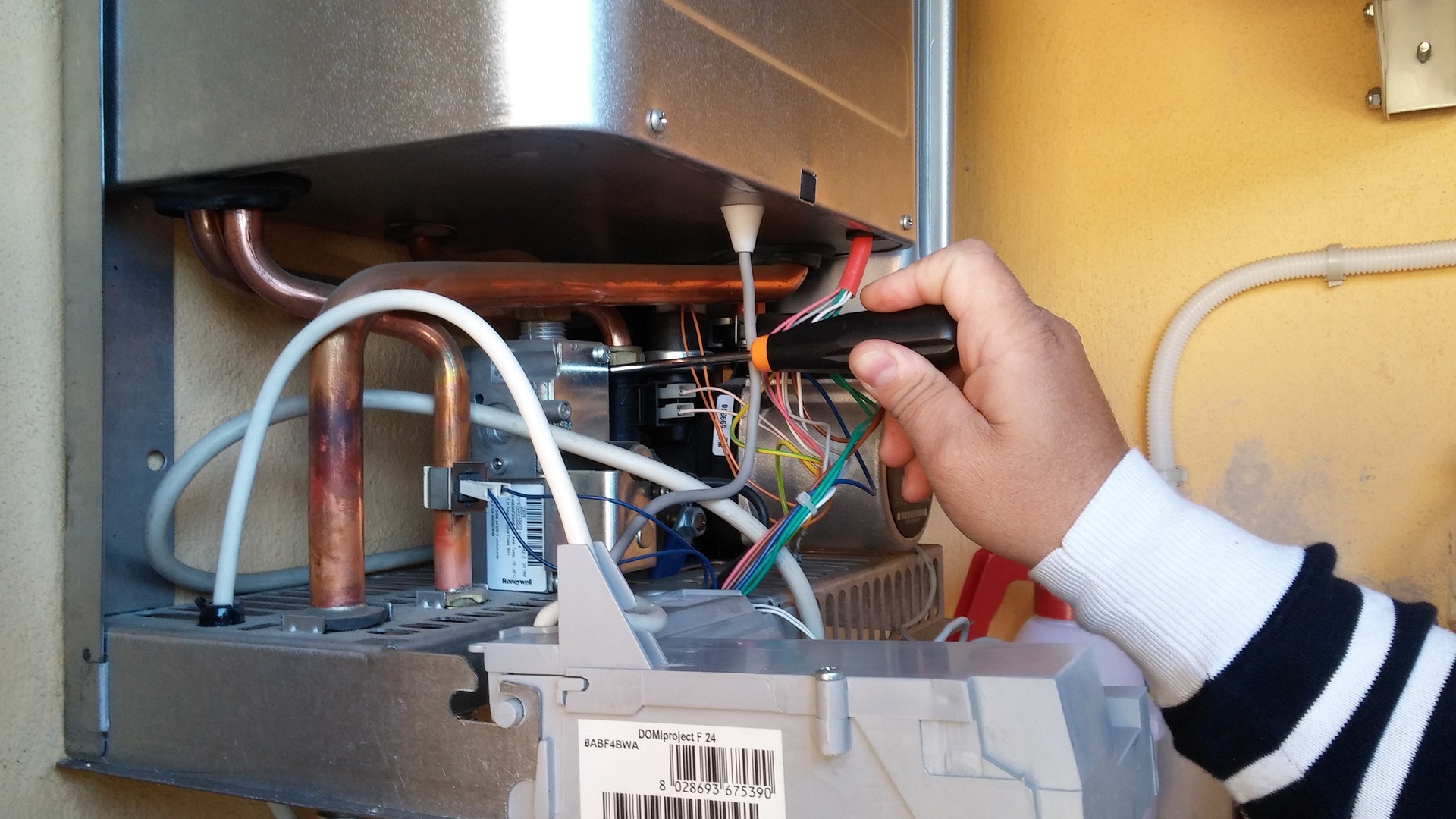Understanding Bone Health Management for Seniors
Bone health management in seniors focuses on preventing fractures and osteoporosis. Strategies include balanced nutrition rich in calcium and vitamin D, regular weight-bearing exercise, and medical screenings to monitor bone density and overall skeletal strength.

What Makes Bone Health Management Critical for Seniors?
Senior bone health management addresses the natural aging process that affects skeletal strength and density. As people enter their golden years, hormonal changes, decreased physical activity, and reduced nutrient absorption create a perfect storm for bone deterioration. Women experience particularly rapid bone loss during the first decade after menopause due to declining estrogen levels, while men face gradual bone density reduction starting around age 70. The consequences of poor bone health extend beyond simple fractures, potentially leading to chronic pain, reduced independence, and increased healthcare costs. Effective management programs focus on early intervention, combining medical monitoring with lifestyle modifications to slow bone loss and maintain skeletal integrity throughout the aging process.
How Does Nutrition Support Bone Health Management?
Proper nutrition forms the foundation of any comprehensive bone health management strategy for seniors. Calcium and vitamin D receive the most attention, but successful bone maintenance requires a broader nutritional approach. Adults over 65 need approximately 1,200 milligrams of calcium daily, best obtained through dairy products, leafy greens, fortified foods, and supplements when dietary intake proves insufficient. Vitamin D becomes equally crucial, as aging skin produces less of this essential nutrient naturally, requiring seniors to consume 800-1,000 international units daily through supplements or fortified foods. Additional nutrients supporting bone health include magnesium, vitamin K, phosphorus, and protein. Many seniors benefit from working with registered dietitians to develop meal plans that optimize bone-supporting nutrients while accommodating dietary restrictions, medication interactions, and changing appetites that commonly affect older adults.
Which Exercise Programs Enhance Senior Bone Health Management?
Physical activity represents one of the most effective interventions in bone health management for seniors, but exercise programs must be carefully tailored to individual capabilities and limitations. Weight-bearing exercises, including walking, dancing, and stair climbing, stimulate bone formation by creating mechanical stress that encourages skeletal strengthening. Resistance training using weights, elastic bands, or body weight exercises provides targeted stress to specific bone groups, particularly benefiting the spine, hips, and wrists where fractures commonly occur. Balance training becomes equally important, as preventing falls directly supports bone health by avoiding traumatic injuries. Many communities offer specialized exercise programs designed for seniors, including tai chi classes, water aerobics, and supervised strength training sessions. Healthcare providers can assess individual fitness levels and recommend appropriate exercise intensities, ensuring that physical activity supports rather than compromises bone health management goals.
What Medical Interventions Support Bone Health Management?
Medical professionals play essential roles in senior bone health management through diagnostic testing, medication management, and ongoing monitoring. Bone density testing using dual-energy X-ray absorptiometry (DEXA) scans provides baseline measurements and tracks changes over time, helping healthcare providers identify osteoporosis or osteopenia before fractures occur. Various medications can slow bone loss or promote new bone formation, including bisphosphonates, selective estrogen receptor modulators, and newer treatments like denosumab or teriparatide. Hormone replacement therapy may benefit some postmenopausal women, though risks and benefits require careful evaluation. Regular medical checkups allow healthcare providers to assess medication effectiveness, monitor for side effects, and adjust treatment plans based on changing health status. Blood tests can identify underlying conditions affecting bone health, such as vitamin D deficiency, thyroid disorders, or inflammatory conditions requiring specialized treatment approaches.
How Do Seniors Access Local Bone Health Management Services?
Finding appropriate bone health management resources in your area requires understanding the various healthcare providers and community organizations offering specialized services. Endocrinologists specialize in hormone-related bone loss, while rheumatologists address bone health in the context of inflammatory conditions. Orthopedic specialists focus on fracture prevention and treatment, and geriatricians provide comprehensive care addressing multiple age-related health concerns. Many hospitals and medical centers offer dedicated osteoporosis programs combining medical care, nutritional counseling, and exercise instruction. Community centers frequently host bone health education seminars, exercise classes, and support groups. Insurance coverage varies significantly for different aspects of bone health management, making it important to verify benefits for medications, testing, and specialized treatments. Local Area Agencies on Aging can provide information about subsidized programs, transportation assistance, and financial support for seniors needing bone health services.
| Service Type | Provider Examples | Typical Cost Range |
|---|---|---|
| DEXA Bone Scan | Hospitals, Imaging Centers | $125-$350 |
| Endocrinologist Consultation | Specialty Medical Groups | $200-$500 |
| Nutrition Counseling | Registered Dietitians | $75-$200 per session |
| Senior Exercise Programs | Community Centers, YMCAs | $25-$75 monthly |
| Osteoporosis Medications | Pharmacies | $20-$600 monthly |
Prices, rates, or cost estimates mentioned in this article are based on the latest available information but may change over time. Independent research is advised before making financial decisions.
Effective bone health management for seniors requires a comprehensive approach combining proper nutrition, regular exercise, medical oversight, and community support. Success depends on early intervention, consistent implementation of preventive strategies, and regular monitoring to adjust treatment plans as needed. While aging naturally affects bone density, proactive management can significantly reduce fracture risk and maintain independence throughout the senior years. Working with healthcare professionals, family members, and community resources creates a support network that makes long-term bone health management both achievable and sustainable for older adults committed to maintaining their skeletal health.
This article is for informational purposes only and should not be considered medical advice. Please consult a qualified healthcare professional for personalized guidance and treatment.




